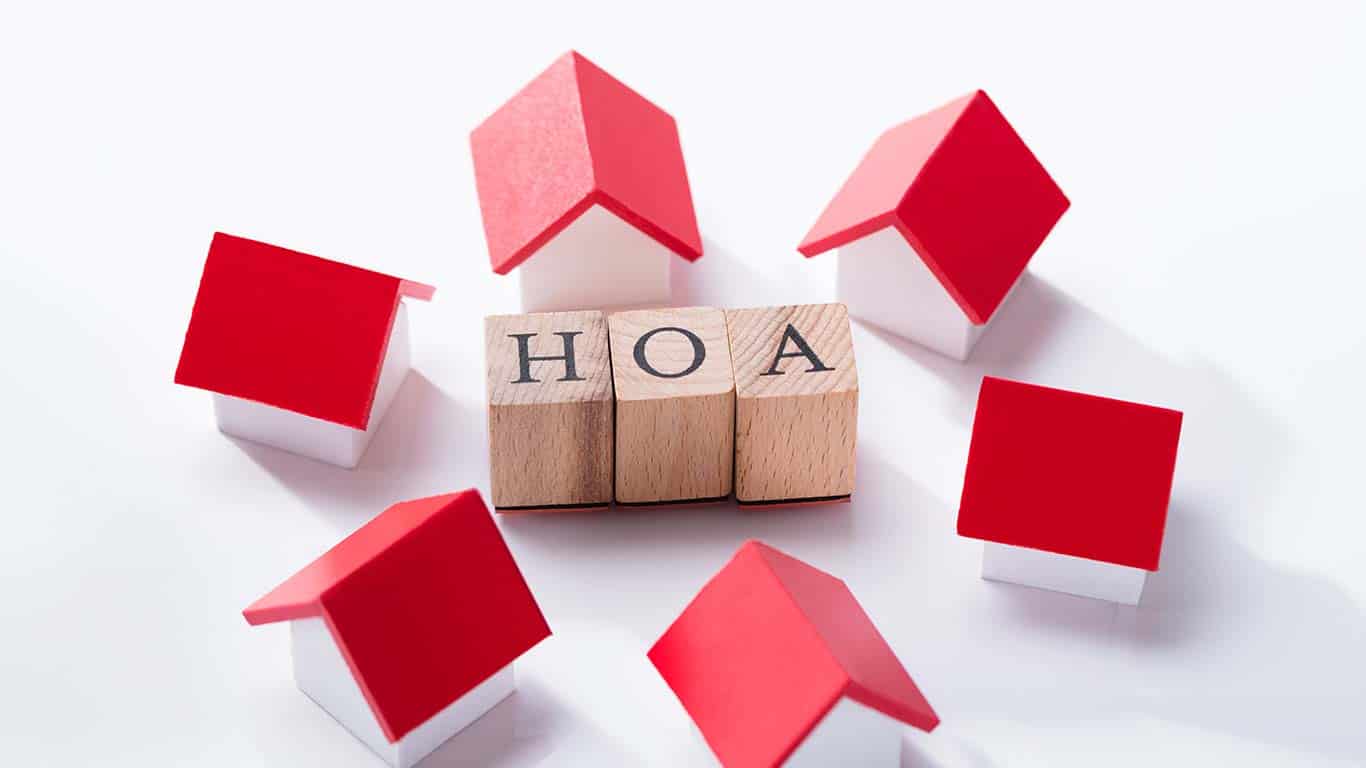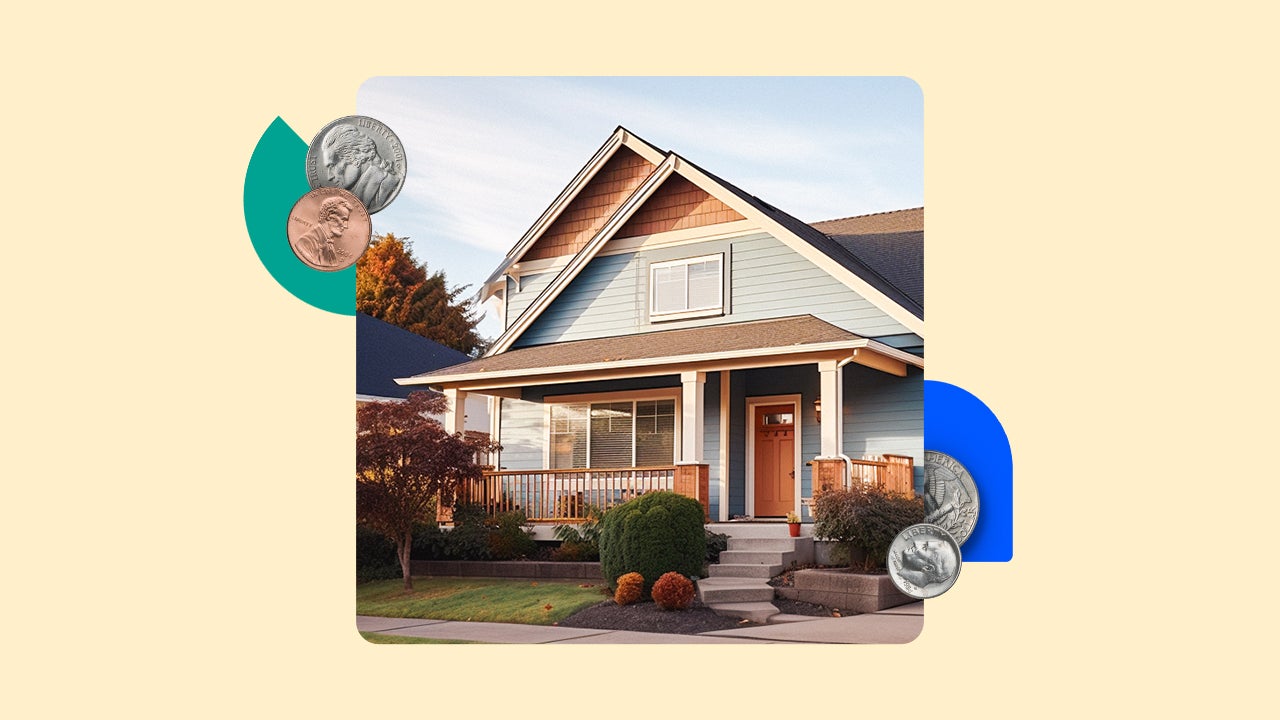The Function of House Owners fit HOA Plans
In the world of house owners' associations (HOAs), the role of house owners in forming plans holds significant importance. Homeowners are not just residents yet active stakeholders in the neighborhood they stay in, with a beneficial interest in the regulations and laws that regulate their lives. Understanding how house owners can add and affect to HOA policies is important for cultivating an unified living environment. By checking out the opportunities whereby house owners can influence decision-making processes, we discover a dynamic interaction that shapes the really significance of neighborhood living. Keep tuned to unwind the elaborate internet of property owner involvement and its influence on shaping HOA policies.
Value of Home Owner Engagement
Home owner engagement plays a critical role fit the plans and choices of property owners' organizations (HOAs) When homeowners actively take part in the decision-making procedures of their HOA, they add diverse point of views that can bring about even more comprehensive and all-around plans. Involved home owners are more probable to remain educated regarding HOA issues, participate in meetings, and offer useful responses on proposed policies. Their involvement assists make sure that plans mirror the needs and preferences of the community they represent.
Furthermore, homeowner engagement cultivates a feeling of ownership and responsibility within the neighborhood. When citizens are included in shaping HOA policies, they are most likely to abide with these guidelines willingly. This can cause a more harmonious living setting where citizens collaborate towards usual objectives and shared values. In addition, involved property owners are more probable to sustain HOA initiatives, which can lead to smoother implementation and greater general success.
Ways to Influence HOA Policies
Reliable participation in house owners' organization (HOA) meetings and committees supplies citizens chances to form and affect HOA policies. Among the most direct methods home owners can affect HOA policies is by actively participating in and participating in HOA meetings. By articulating issues, suggesting recommendations, and involving in conversations during these meetings, house owners can straight influence the choices made by the HOA board. In addition, property owners can take into consideration competing positions on the HOA board or committees themselves. By coming to be board participants or board leaders, homeowners can directly affect the advancement and implementation of HOA plans.
Moreover, property owners can collaborate with their neighbors to form an unified front when promoting for particular policy changes or initiatives. By arranging applications, performing studies, or holding neighborhood meetings, house owners can demonstrate the level of assistance for their recommended plans and enhance their chances of affecting the HOA's choices. Eventually, by actively participating, involving with fellow homeowners, and handling leadership roles within the HOA, home owners can properly affect and shape HOA policies to much better show the needs and choices of the neighborhood.

Influence of House Owner Participation
The energetic involvement of homeowners in house owners' association (HOA) activities significantly influences the plans and decisions regulating the community. When house owners participate in HOA meetings, give comments on recommended policies, and participate in conversations with the board members, their input can shape the instructions of the community. House owner engagement ensures that the HOA board takes into consideration a diverse variety of viewpoints prior to choosing that impact the whole neighborhood.
Additionally, home owner participation can result in increased transparency within the HOA. By proactively taking part in the decision-making process, citizens can hold the board answerable for their actions and guarantee that plans are applied fairly and in the most effective passion of the community overall.
In addition, when homeowners actively join shaping HOA plans, they really feel a better feeling of possession and satisfaction in their area (hoa san antonio). This sense of involvement fosters a stronger sense of neighborhood and motivates citizens to interact in the direction of usual objectives, inevitably creating a more YOURURL.com desirable and harmonious living environment Recommended Reading for all locals

Advantages of Energetic House Owner Participation
Energetic involvement by residents in home owners' organization activities adds substantially to the enhancement of community administration and cohesion. When homeowners proactively engage in HOA affairs, they bring varied point of views and important understandings to the decision-making process. This participation cultivates a sense of ownership and duty among residents, leading to a much more cohesive and unified community.
In addition, active home owner participation aids to make sure that HOA policies align with the requirements and choices of the neighborhood participants - hoa san antonio. By voicing their problems and viewpoints, residents can affect the advancement of regulations and policies that advertise harmony and health within the neighborhood. This joint method not just reinforces community bonds however additionally enhances the general lifestyle for house owners
In addition, active home owner involvement can cause increased transparency and liability within the homeowners' association. When citizens are proactively participated in the governance process, there is higher oversight and scrutiny of decision-making, which can assist stop potential conflicts and make certain fair and equitable therapy for all participants. Eventually, the benefits of active house owner participation expand past specific households to create a more dynamic and flourishing neighborhood.

Producing a Community-Driven HOA
Provided the relevance of home owner involvement fit HOA policies, promoting a community-driven approach is essential for the lasting administration and advancement of the neighborhood. A community-driven HOA encourages citizens to actively join decision-making procedures, making sure that policies mirror the diverse needs and choices of the neighborhood. By encouraging open interaction and cooperation between house owners and the HOA board, a sense of common obligation and possession is cultivated, leading to raised contentment and harmony within the area.
Producing a community-driven HOA entails establishing mechanisms for homeowner comments, such as surveys, community hall meetings, or tip boxes, navigate to this site to gather input on crucial issues and possible policy modifications. Additionally, advertising transparency in HOA operations and decision-making processes promotes count on and liability among citizens. By valuing homeowner point of views and involving them in the governance of the neighborhood, a community-driven HOA can boost overall resident fulfillment, promote a feeling of belonging, and contribute to the long-lasting health of the neighborhood.
Final Thought

In conclusion, energetic property owner involvement plays an essential duty in forming HOA policies. Producing a community-driven HOA calls for ongoing communication and participation between house owners and the organization to ensure policies show the demands and preferences of the neighborhood.
In the world of homeowners' associations (HOAs), the function of house owners in forming plans holds significant relevance.Property owner interaction plays a critical role in shaping the policies and decisions of homeowners' associations (HOAs)Effective participation in property owners' association (HOA) meetings and committees uses citizens possibilities to form and affect HOA plans. Inevitably, by actively participating, engaging with fellow residents, and taking on leadership roles within the HOA, homeowners can effectively influence and shape HOA plans to better reflect the needs and preferences of the area.
Furthermore, active homeowner involvement can lead to enhanced openness and liability within the house owners' association.